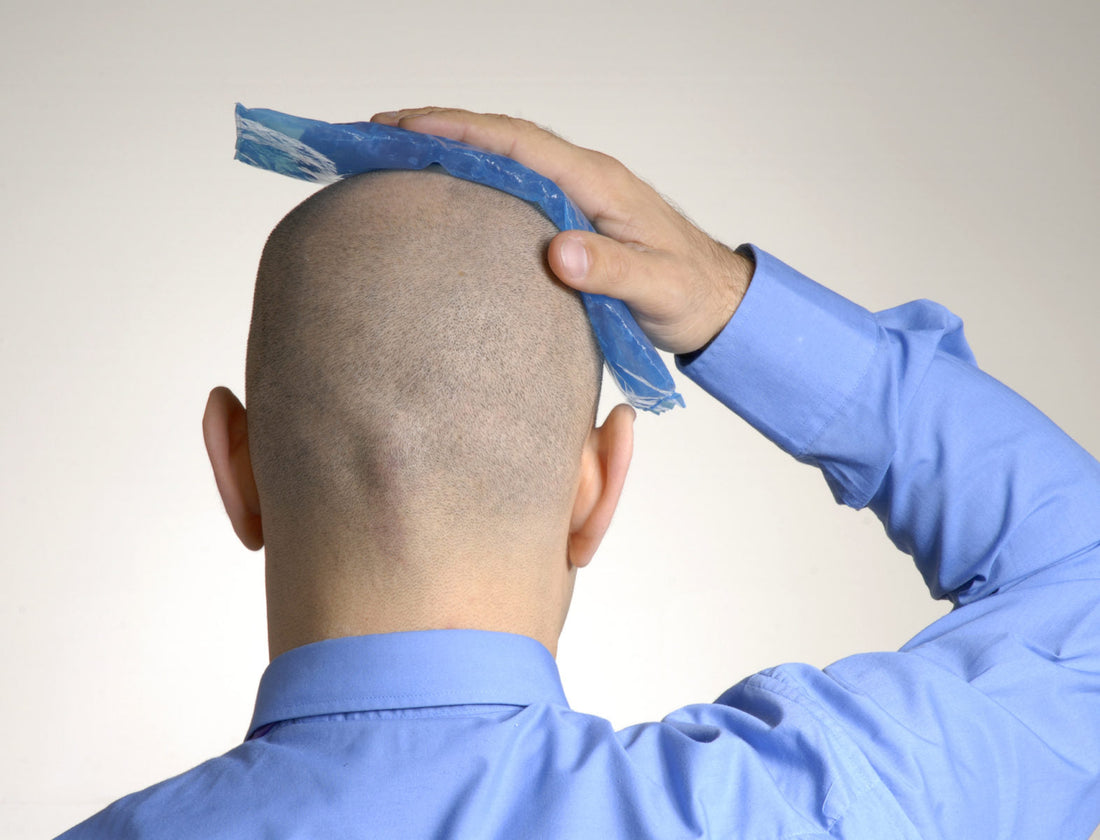On the Verge of a Cure: The Latest in Baldness Research
Reviewed by Zang and Ridwan
Before purchasing a toupee, you might want to explore this breakthrough solution for hair loss. Keep reading to learn about a more lasting and natural approach to baldness.
For years, therapies have been used to slow down hair loss, but none have truly reversed it—until now. Here's why researchers believe they may be on the verge of a baldness breakthrough.
Alopecia, or baldness, affects approximately 40% of women and half of all men by the time they reach 70. It usually begins around age 30 and worsens as time goes on. If you're not one of the fortunate few, this may become a concern for you as well.
Despite the wide array of products—from topical ointments and shampoos to hair masks—designed to combat hair loss, most fail to deliver substantial results. Meanwhile, hair continues to fall out day after day.
While some hair loss is natural, excessive shedding can signal an underlying issue. Researchers have developed promising new products and treatments over the years, claiming to offer a potential baldness cure. But do they really live up to the hype?
Let's take a closer look at the latest advancements in hair loss treatment and assess if they're truly worth your investment!
WAY-316606 Stops Hair Loss
Earlier this year, researchers at the University of Manchester’s Centre for Dermatology Research made a promising announcement: a potential cure for baldness could soon be on the horizon.
Cyclosporine A, an immunosuppressant commonly prescribed to treat conditions like psoriasis, arthritis, and Crohn’s disease, has shown surprising effects in stimulating hair growth. It works by inhibiting SFRP1, a protein known to slow the growth of hair follicles. Both animal and human studies have shown positive results, sparking optimism in the medical community.
However, there’s a significant drawback. Cyclosporine A suppresses the immune system, leading to a range of serious side effects. This has prompted scientists to turn their attention to WAY-316606, a compound with similar properties but potentially fewer risks. Early studies suggest that WAY-316606 could be even more effective at promoting hair growth and preventing hair loss.
At this stage, it’s still too early to determine whether compounds like WAY-316606 are safe or effective in treating baldness long-term. But there’s hope that the centuries-old search for a baldness cure may soon be over.
Sandalore Stimulates Hair Growth
Believe it or not, a common ingredient in your favorite perfume could be a game-changer in the battle against hair loss.
Sandalore, a chemical found in deodorants, perfumes, and skincare products, has been found to stimulate OR2AT4, an olfactory receptor that plays a role in regulating hair growth. This discovery is a significant scientific breakthrough for two reasons: it suggests that a cure for baldness may be on the horizon and that olfactory receptors have a previously unknown role in the hair growth cycle.
In clinical trials, Sandalore has demonstrated the ability to increase cell proliferation and promote keratin production, which are vital factors in hair regeneration. Additionally, it may even help delay the natural cell death that hinders hair growth. This exciting finding opens the door for new treatments that could help prevent hair loss and promote hair regrowth.
D-PDMP May Prevent Age-Related Hair Loss
Researchers have found that fatty foods boost the production of glycosphingolipids, a type of lipid that affects the pigmentation of hair, skin, and eyes.
In experiments, mice on a high-fat diet initially lost hair and saw their fur turn from black to white. However, after nine months of treatment with a drug called D-PDMP, their hair and skin returned to normal.
These findings highlight the strong link between modern diets and hair loss. They also suggest that a simple pill could one day help reverse the effects.
We’re on Our Way to Discovering a Baldness Cure
New hair loss treatments are hitting the shelves, but unfortunately, none offer a complete cure for baldness—at least not yet.
The good news is that options exist. Scalp micropigmentation can help restore your hairline and boost your confidence.
Reach out to our team to learn more about this cutting-edge procedure and how it can transform your look. We're here to answer all your questions!
